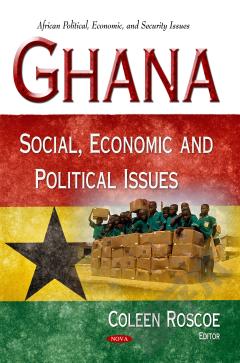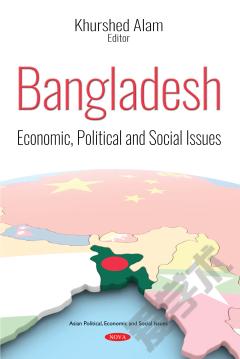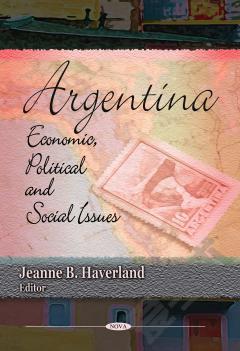Ghana: Social, Economic and Political Issues
Like many of its peers in sub-Saharan Africa, Ghana’s journey to democracy has been a tortuous one indeed. To the extent that governance is about the equitable distribution of societal resources, Ghana, like many African societies, has been grappling with the problem of governance since time immemorial. Before the advent of colonial rule, several African societies had established a variety of political systems with corresponding political, economic, and social institutions which dealt with allocation of resources, law-making, and social and political control based, for the most part, on family and kinship relations associated with communalism and consensual decision making. Besides the fact that the inauguration of the colonial project curtailed the natural evolution of the democratic governance engendered by the rule of chiefs during this period in Africa’s history, colonial rule was generally based on both economic exploitation and racial injustice. It entailed economic exploitation of natural resources and social and political exclusion of indigenous Africans from decision making. This twin evil of the colonial project became the main motivation for the adoption of socialist principles of organization by many African states in the immediate post-independence period. This book discusses several topics on Ghana's social, economic and political issues. These include Pan-African connections, development and the experiences of the historic Agrican Diaspora; women in Ghana; the use of iron in West Africa; ethnicity and political participation in Ghana; the nuclearization of Ghanaian families; evaluation of the health financing sub-functions; and a study of migrants in Tema.
{{comment.content}}








 京公网安备 11010802027623号
京公网安备 11010802027623号